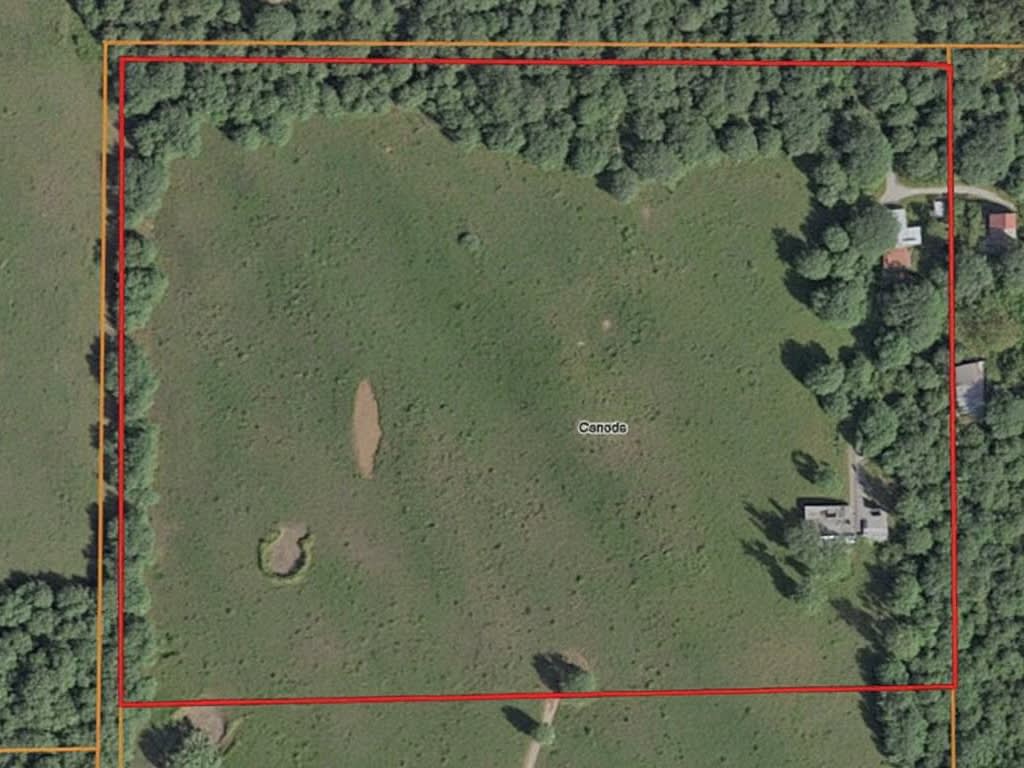Setting the right price and completing proper documentation stands as essential steps when selling Tennessee land. Professional land appraisals cost $300-$700, while surveys range from $500-$1,500. These assessments create a solid basis for determining market value in Tennessee and ensuring all paperwork meets legal requirements during the sale.
Key Takeaways:
- Get a thorough property evaluation including professional appraisals, surveys, and details about road access, utilities, and natural resources
- Secure necessary legal papers like property deed, title insurance, and confirm zoning rules and allowed property uses
- Promote your land through online platforms like Zillow and Realtor.com while using local methods such as property signs and real estate agents
- Pick the right deed type and partner with a title company or closing attorney to handle legal property transfers
- Factor in financial effects including capital gains tax ranging from 15-20% on sale profits
Setting the Right Price for Your Land
Professional Land Appraisals
A professional land appraisal forms the foundation of accurate pricing. In Tennessee, certified appraisers typically charge between $300-$700 for vacant land assessments. I recommend getting multiple appraisals to establish a reliable baseline market value.
Determining Value Through Research
Local market research plays a vital role in pricing strategy. I suggest focusing on these value-influencing elements:
- Recent sales of similar properties within a 5-mile radius
- Road access and frontage quality
- Water features like streams, ponds, or wells
- Timber value and soil quality
- Utility connections or potential
- Zoning restrictions and permitted uses
- Topography and buildable areas
Documentation of these features strengthens your negotiating position. Create a detailed inventory of your land’s assets, including photos and any existing surveys or soil tests. Natural resources like mature trees, mineral rights, or water sources can significantly boost your asking price.
Your property’s proximity to amenities affects its market appeal. Consider distance to:
- Schools and shopping centers
- Major highways
- Medical facilities
- Employment centers
- Recreational areas
By combining professional appraisals with thorough research of comparable sales and documented features, you’ll establish a competitive price that attracts serious buyers while maximizing your return.

Legal Requirements and Property Preparation
Required Documentation and Surveys
Before selling land in Tennessee, I recommend getting a professional land survey, which costs between $500-$1,500 based on acreage size. This step defines exact property lines and identifies potential boundary disputes. Essential documents include your property deed, title insurance, and any existing permits or easements.
Zoning and Property Maintenance
Tennessee’s local zoning laws can affect your sale price and potential buyers. Key preparation steps include:
- Marking property boundaries with visible stakes or markers
- Clearing overgrown vegetation from access points
- Removing any debris or abandoned structures
- Checking current land use restrictions
- Verifying permitted uses for the property
I’ve found that well-maintained properties with clear boundaries and complete documentation sets typically sell faster and at better prices in the Tennessee market. Clean, properly marked land helps buyers visualize potential uses while reducing legal complications during the process of selling land in Tennessee.
Marketing Strategies for Land Sales
Digital Marketing Platforms
I recommend listing your Tennessee land across multiple online platforms to maximize visibility. Zillow and Realtor.com attract high-quality leads through their targeted search features and detailed property listings. Professional photos make your listing stand out – capture aerial shots, boundary lines, and natural features during optimal daylight hours.
Local Marketing Methods
Here are proven local marketing tactics that boost land sales:
- Partner with established real estate agents who understand Tennessee land values
- Place high-visibility “For Sale” signs at property entrances and major intersections
- List in local newspapers and community bulletins
- Share listings in regional Facebook marketplace groups
- Create property information packets with surveys, soil tests, and zoning details
- Host scheduled property viewings for serious buyers
These combined online and local strategies create a strong marketing presence that attracts qualified land buyers.
Negotiation and Due Diligence
Essential Steps Before Closing
I recommend starting with a solid purchase agreement that outlines price, terms, and contingencies for your Tennessee land sale. The document should include specific inspection periods and clear deadlines.
Here are the critical components to address during negotiations:
- Set a firm timeline for the buyer’s property inspection, allowing them to assess soil quality, boundaries, and potential restrictions
- Secure a title search to identify any liens, easements, or ownership disputes
- Include clear contingency clauses for financing, inspections, and title clearance
- Define earnest money requirements and specify conditions for its return
- List any personal property included in the sale
A local real estate attorney should review all documents before signing. They’ll spot potential issues and ensure compliance with Tennessee property laws. During negotiations, I suggest maintaining flexibility on minor terms while standing firm on your core price and conditions.

Closing Process and Financial Considerations
Documentation and Legal Transfer
A title company or closing attorney handles the final steps of your land sale in Tennessee. I recommend choosing between four deed types based on your specific situation. A Warranty Deed offers the most protection for buyers, while a Quitclaim Deed provides minimal guarantees but works well for family transfers. Special Warranty and Bargain and Sale deeds fall between these options, limiting seller liability.
The financial impact deserves careful attention. Capital gains tax ranges from 15-20% on your profit, depending on your tax bracket. Essential closing documents include:
- Original property deed
- Tax records and payments
- Property survey
- Title insurance policy
- Settlement statement
- Bill of sale
Your title company manages the deed recording with the county register’s office, making the transfer official. They’ll distribute final documents to all parties once complete. If you’re looking to sell vacant land by owner in Tennessee, understanding these closing procedures is essential.


